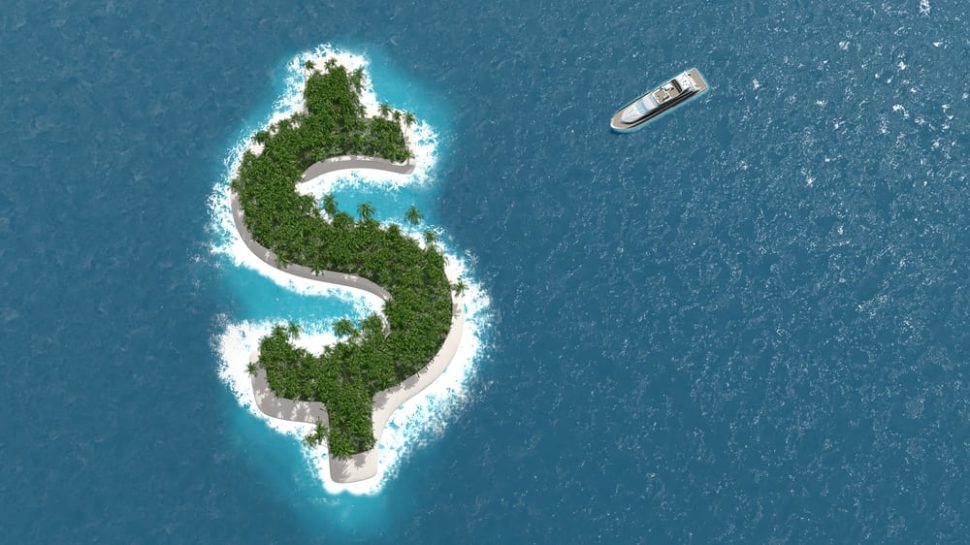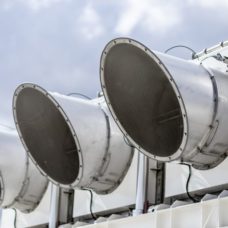The world’s tax havens, along with providing financial protection to companies, are also involved in environmental destruction in the Amazon and illegal fishing.
For lack of a legal definition of tax havens, the Organization for Economic Cooperation and Development (OECD) considers four key factors to help define them:
1) No or nominal tax on relevant income. 2) Lack of effective exchange of information. 3) Lack of transparency. 4) No substantial activities.
The OECD keeps a list of “uncooperative tax havens” and works with the world’s nations to improve transparency and the exchange of tax-related information.
Tax havens offer tax incentives that attract large corporations’ hedge funds and rich individuals, sparing them from heavy taxation in their home country.
Last year, millions of leaked documents called the “Paradise Papers” revealed that many multinational corporations, political leaders, and ultra-rich individuals resort to offshore tax havens to hide their cash.
Apple Inc., for example, which is the world’s largest taxpayer, has its own tax optimization gimmicks. The leaks revealed that Apple has found in the tiny British island of Jersey a tax haven where it stashed over $250 billion to avoid tens of billions of dollars in taxes to the United States.
What’s more, these tax haven countries and jurisdictions provide laundering services to “dirty money” from drug cartels and corrupt politicians.
Read More: 5 Ways Technology Helps Protect Human Rights
The Environmental Challenge of Tax Havens
Not only do tax evasion, corruption, and drug trafficking thrive on tax havens, there are also plenty more negative socio-political and economic impacts of these activities.
A new study from Stockholm University and the Royal Swedish Academy of Sciences shows how financial flows from tax havens contribute to the ongoing degradation of the global environment.
The paper revealed that between 2000 and 2011, 68% of foreign capitals, which amount to over $18 billion, flowing to Brazilian soybean and beef industries, two sectors driving most of the deforestation in the Amazon, come from tax havens.
The study also found that 70% of vessels that engage in illegal, unreported, and unregulated fishing are registered in a tax haven jurisdiction with convenient flags to fly.
“Our analysis shows that the use of tax havens is not only a socio-political and economic challenge, but also an environmental one,” says Victor Galaz, lead author of the new study. “While the use of tax haven jurisdictions is not illegal in itself, financial secrecy hampers the ability to analyse how financial flows affect economic activities on the ground, and their environmental impacts”
Not only do these companies find low taxes in tax havens, but they also create a veil of secrecy to continue their shady operations unbothered, and at what cost? The year 2017 was the deadliest on record for environmental defenders, with 207 losing their lives, most of them (57) in Brazil.
Although a global issue that is more likely a symptom rather than a cause of mass economic and environmental destruction, it is a problem that is preventable.
With more stringent and coercive international laws and more cooperation between nations, the existence and even concept of a tax haven could soon become nonexistent.
Unfortunately, the people who are in charge of these laws, decisions, and treaties, as the Panama and Paradise Papers show, are the ones who are the most heavily involved in using these tax havens.
For there to be any real change in how we as a society treat the super-rich, there needs to be a global readjustment on the concept of wealth, international law, and the idea of taxation.
















Comments (0)
Most Recent